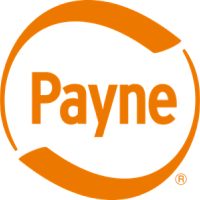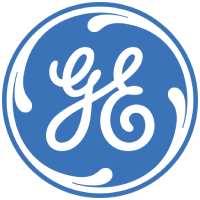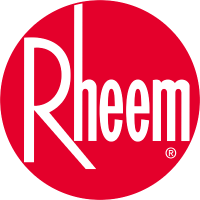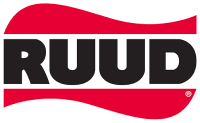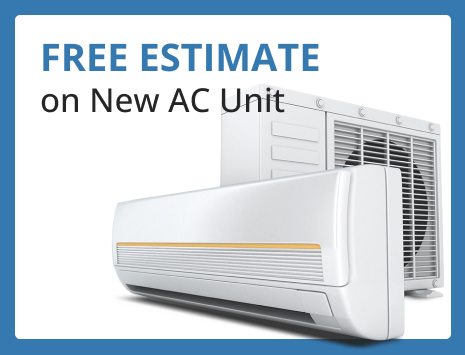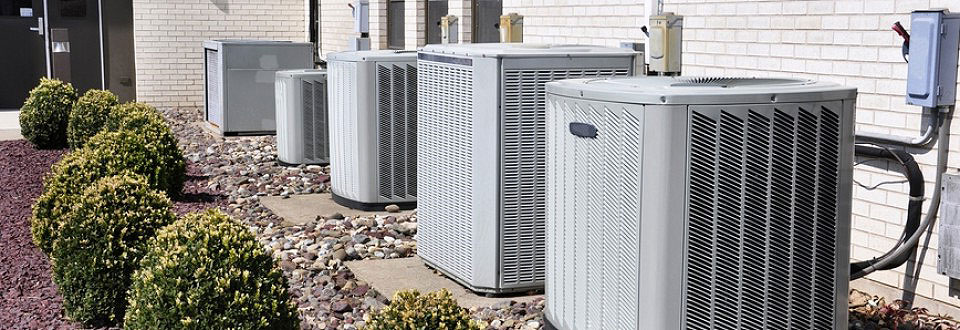
Maintaining an efficient HVAC system in older homes can be quite challenging due to the age of the infrastructure. However, by following a few key strategies and with the help of professional Heating and Air Conditioners Services, homeowners can significantly improve the performance of their HVAC systems, ensuring comfort and reducing energy bills.
Ahead in this post, we’ll explore some top tips to boost HVAC efficiency in older homes, focusing on essential maintenance, smart upgrades, and practical habits. So, let’s dive in and see how you can keep your HVAC system running smoothly, even in an older home.
-
Routine hvac maintenance: the lifeline of your system
Regular maintenance is crucial for any HVAC system, especially in older homes. By keeping up with routine checks and servicing, you can extend the life of your HVAC unit and maintain its efficiency.
- Regular Cleaning and Servicing: Ensure your HVAC system is cleaned and serviced by professionals at least twice a year. It includes cleaning the coils, checking the refrigerant levels, and inspecting the system for any signs of wear and tear.
- Importance of Replacing Filters: Dirty filters can restrict airflow, making your HVAC system work harder and consume more energy. Replace your filters every 1-3 months, depending on usage and the type of filter you use.
-
Upgrade old equipment: time for a change?
If your HVAC system is over 10-15 years old, it might be time to consider an upgrade. Modern HVAC systems are far more energy-efficient and can save you money in the long run.
- When to Consider Replacing Outdated HVAC Units: If your current system requires frequent repairs or your energy bills have been steadily increasing, investing in a new, energy-efficient unit might be more cost-effective.
- Choosing Energy-Efficient Models: Look for HVAC systems with a high SEER (Seasonal Energy Efficiency Ratio) rating. These models are designed to use less energy, reducing utility bills and environmental footprint.
-
Seal and insulate: keep the comfort in
Proper insulation and sealing are vital for maintaining HVAC efficiency in older homes. They prevent heated or cooled air from escaping, so your HVAC system doesn’t have to work as hard.
- Addressing Drafts and Leaks: Inspect your home for drafts and seal any gaps around windows, doors, and ductwork. Use weatherstripping and caulk to seal leaks and prevent air from escaping.
- Insulation Improvements to Maintain Temperature: Ensure your home has adequate insulation, especially in the attic and walls. Upgrading to modern insulation materials can make a significant difference in maintaining a consistent indoor temperature.
-
Utilize programmable thermostats: set it and forget it
Programmable thermostats are a simple yet effective way to enhance your HVAC system’s efficiency. They allow you to set specific temperatures for different times of the day, ensuring your system isn’t working overtime when it’s not needed.
- Benefits of Programmable and Smart Thermostats: These devices can automatically adjust the temperature based on your schedule, reducing energy usage when you’re not home. Smart thermostats can even learn your habits and make adjustments to optimize efficiency.
- How to Set Up and Use Programmable Thermostats Effectively: Set your thermostat to lower the temperature at night or when you’re away from home. You can also set it to start heating or cooling shortly before you return, ensuring comfort without wasting energy.
-
Enhance airflow and ventilation: breathe easy
Good airflow and proper ventilation are essential for an efficient HVAC system. They help distribute conditioned air evenly throughout your home, reducing the workload on your HVAC unit.
- Keeping Vents and Ducts Clean: Regularly clean your vents and ductwork to remove dust and debris that can restrict airflow. Professional duct cleaning every few years can also help maintain optimal airflow.
- Ensuring Proper Airflow Throughout the Home: Make sure furniture and other obstructions aren’t blocking your vents. Consider using fans to help circulate air and reduce the strain on your HVAC system.
- Implement energy-saving practices: small changes, big impact
Incorporating simple energy-saving habits can significantly enhance your HVAC system’s efficiency and reduce your energy bills.
- Simple Habits to Reduce HVAC Strain: Close curtains and blinds during hot days to keep out the heat. In the winter, open them to let in the sun’s warmth. Use ceiling fans to circulate air and reduce the need for constant HVAC operation.
- Using Fans and Natural Ventilation: Consider opening windows and using fans to ventilate your home naturally on mild days. It will give your HVAC system a break and save energy.
Final recommendations: invest in efficiency for long-term benefits
In conclusion, improving the efficiency of your HVAC system in an older home might seem daunting, but with regular maintenance, smart upgrades, and a few simple habits, you can make a significant difference. By following these tips, you’ll not only enjoy a more comfortable living environment but also see substantial savings on your energy bills.
Remember, investing in your HVAC system’s efficiency is an investment in your home’s comfort and value. Whether through Heating and Air Conditioners Services or an upgrade, these steps will ensure your system runs smoothly for years. Contact an experienced AC company to achieve optimal performance and efficiency today.


















